Yes, TV sometimes often gets it wrong.
Therefore, I urge you to seek factual research sources. I also urge you to watch out for subliminal messaging on blogs. Yes, it’s a thing. Some bloggers insert hidden links, and images, that are designed to stimulate your senses, such as book covers and links to places to buy them. Of course, I’d never
do anything like that, but I’m always watching for those who do. Other tricks include a subtle posting of a popular event. These tactics often use catchy photos and super deals to attract your attention. Sometimes those deals are so over the top amazing that …
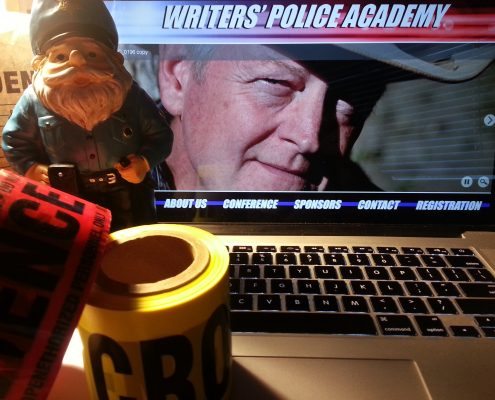
By the way, we now have a few new openings for the 2017 Writers’ Police Academy. And, we have a FANTASTIC deal for you!! Believe it or not, we’re making it possible for you to receive FREE registration to the WPA. Those of you who’ve already signed up … no problem. You could receive a refund. Details coming soon! And please don’t forget that Sisters in Crime (a major sponsor of the WPA) is offering a $150 discount to their members attending for the first time!
… we can’t seem to avoid clicking over to the site to sign up so we can join our friends at the most exciting event on the planet.
For now, though, let’s return to the topic du jour and take a look at my top ten list of fictional “facts” TV writers have gotten wrong for years.
10. Undercover officers must identify themselves if challenged by a criminal.

Not true. In fact, if this were indeed fact, well, there’d be no undercover operations. Every crook in the world would then simply ask the new guy, “Are you a cop?” The officer would then be forced to respond affirmatively and the deal would be over, and there’d be one less officer at the next Christmas party.
9. Officers must read a suspect his rights the moment he’s arrested.
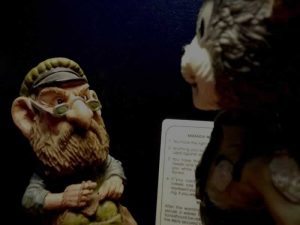
No. Police officers are only required to advise bad guys of the Miranda warnings if they’re going to question them. That gobblety-gook about spouting off the warnings the second the officer slaps on the cuffs is just that—gobblety-gook.
8. The law says all criminals must be allowed to use the phone.
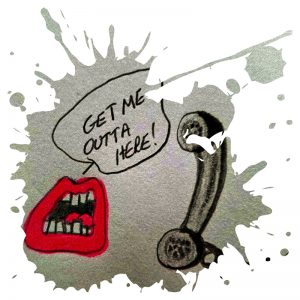
No. Most departments have a policy that allows the phone call, but there are no laws that require a phone call during the booking process. In jail, the use of the telephone is a privilege. In fact, the telephone is used as a tool for disciplinary action. You screw up, they take your phone privileges. End of story. The same is true with family visits and shopping at the jail commissary. Those privileges may also be taken away.
But the phone call the second a bad guy’s feet hit the booking area … nope. They’ll make the call when the extremely busy corrections officers have the time to help with the call. Typically, this is after the suspect is booked and placed in a cell. However, some agencies have phones in the booking area and will allow many arrestees to make a call asap. To do so often allows the person to post bail, thereby freeing up jail space. But it’s not an automatic thing/occurrence, nor is it a constitutional right to make a phone call whenever a prisoners decides to do so.
Some jails have phones inside the cell and dorm areas.

A very happy prisoner. I asked why the big smile. Her reply was, “Things could be worse. At least I’m alive and healthy.”
The silver-colored metallic cable you see on the right (to her left) is a telephone cord attached to a blue pay-type phone. This jail features a phone in each dorm. Inmates are allowed to make collect calls during approved times of the day only. The phones are switched off from the control booth during the “off” times.
7. You can be charged with obstruction of justice for not talking to the police.

No. You have the constitutional right not to incriminate yourself—the right to remain silent—because anything you say WILL be used against you. Say it during a police interview and I practically guarantee you will hear those words again in a courtroom.
However, there are laws that require you to answer basic questions, like, “What is your name?” and “Where do you live?” I guess I should mention that you’re also required, by law, to tell the truth when answering those questions.
6. Police officers have the authority to order someone to remain in town while they conduct their investigation.
Nope. Without a signed order from a judge police officers do not have the authority to enforce this demand. They can ask, but they can’t make you.
5. Officers have the authority to make deals with criminal suspects, such as how much prison time they’ll receive if they cooperate.
No. Only a prosecutor or judge has the authority to offer a deal to criminal suspects.
4. Officers have the authority to “drop” charges on a suspect once he’s been formally charged.
Again, no. Only a judge or prosecutor may have a defendant’s charges reduced or dismissed.
3. Officers can obtain a search warrant with simple phone call to a judge.
Not so fast TV Writers. A phone call won’t always result in receiving a search warrant. All search warrants must be signed by a judge or magistrate, which in many jurisdictions still requires a face-to-face meeting and a raising-your-right-hand-swearing-to-the-facts sort of thing. Even in the places where electronic transactions are permitted (and there are many these days), officers must have the paperwork in hand when they arrive to execute the search warrant.
2. Most criminal cases are solved by the use of forensic science, such as DNA and fingerprints.
No. Most crimes are solved the old fashioned way, by knocking on doors and talking to people. DNA and fingerprints are rarely the smoking gun in criminal cases.
1. Police officers leave the scene of the crime with lights and sirens going full blast.
No. Officers use lights and sirens when heading TO the scene of a crime, not when leaving. The use of emergency equipment is only permitted during an actual emergency. Once the bad guy is safely cuffed and stuffed in the rear of the patrol car the emergency is over and the lights go off. However, if the suspect is injured and requires medical care, officers sometimes transport them to the hospital. They’ll use lights and siren in those instances.
position: absolute; opacity: 1; z-index: 8675309; display: none; cursor: pointer; top: 2787px; left: 20px;”>Save






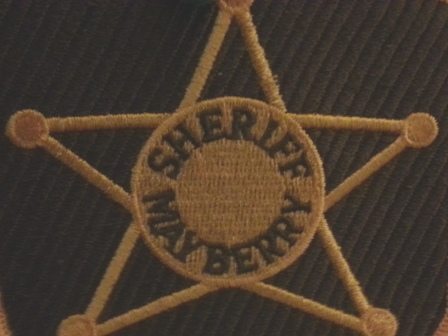

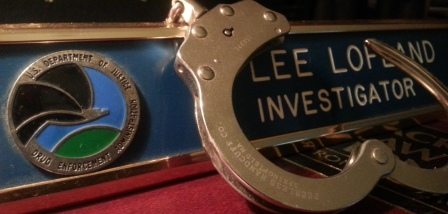
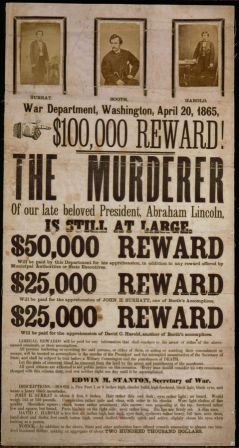
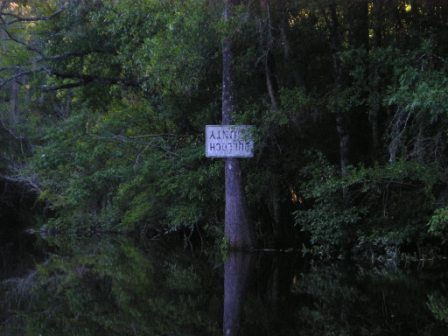

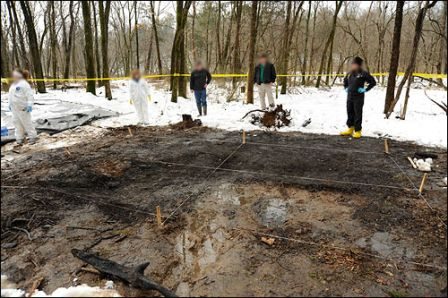
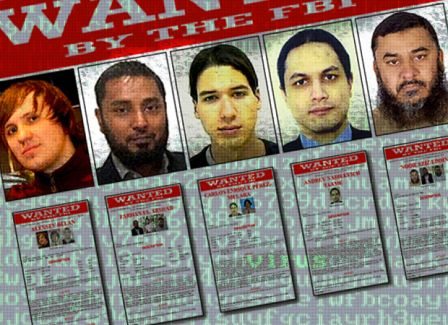
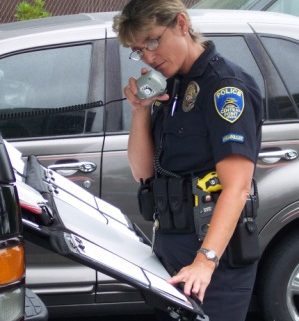
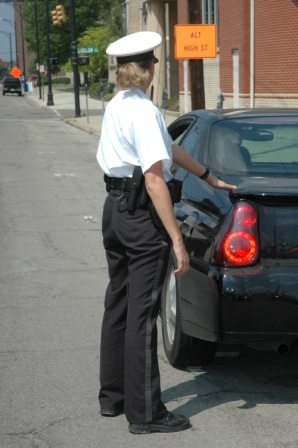
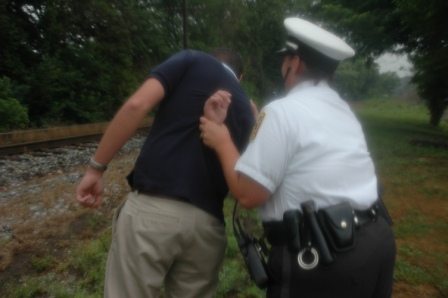

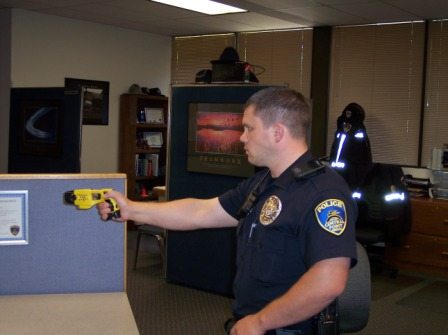



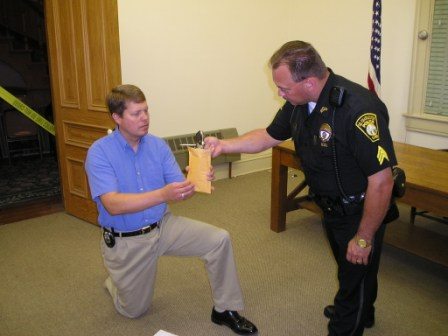
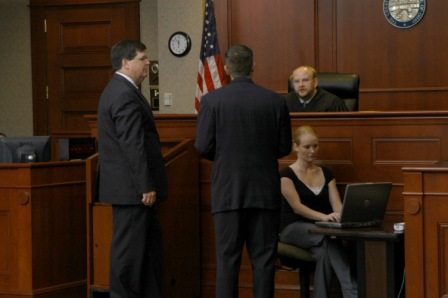

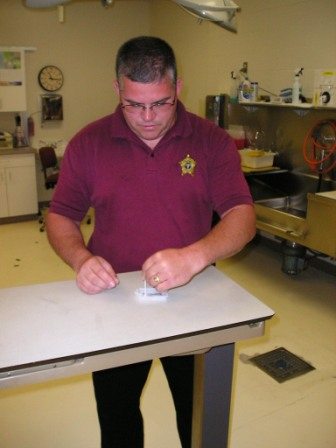
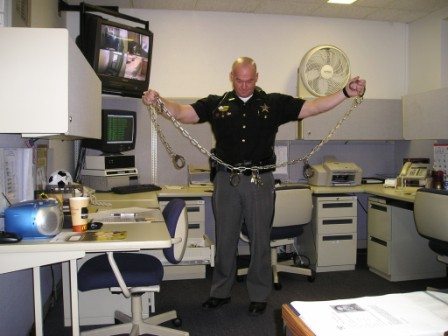

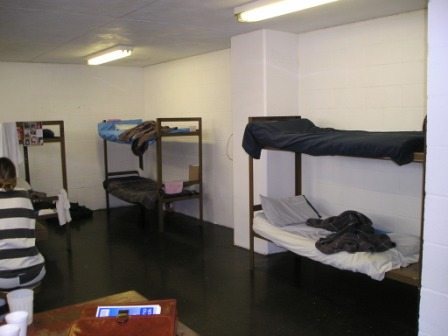
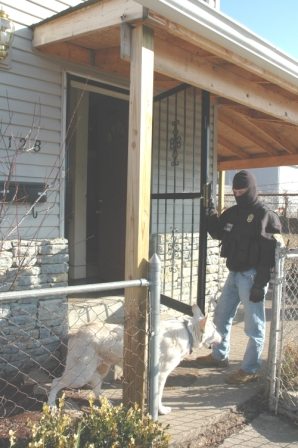
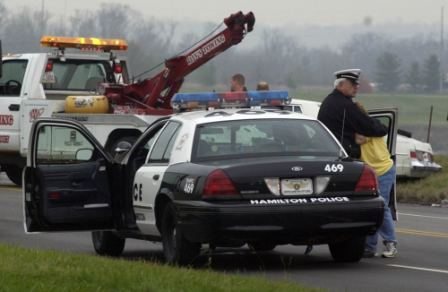
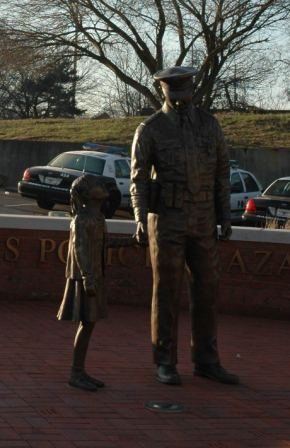
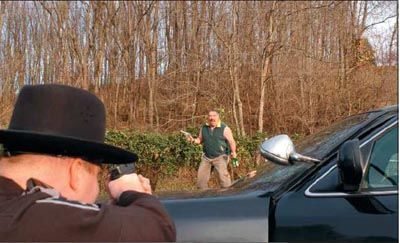



 Each of the red folders contains the file of a criminal case. They’re brief excerpts of a person’s life. A point in time when they decided to break the law. Sometimes, the things these people did are the same as things everyday people have done but were not caught (possession of small amounts of marijuana, for example).
Each of the red folders contains the file of a criminal case. They’re brief excerpts of a person’s life. A point in time when they decided to break the law. Sometimes, the things these people did are the same as things everyday people have done but were not caught (possession of small amounts of marijuana, for example).
